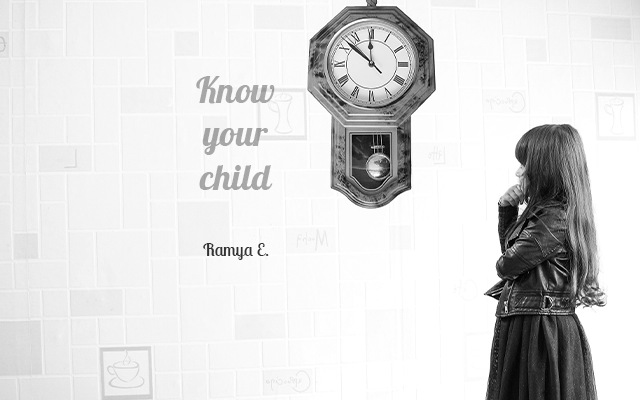My son recites the song lyrics without making a single error but he won’t say name of the State capitals. Arrey!!! My daughter utters all the dialogues of Motu Patlu (cartoon series) but hardly recalls what has been taught at school. These scenes sound familiar right?
Parents and teachers spend qualitative time to teach complicated as well as simple topics to children. But sometimes kids hardly remember stuff learned at school. Sometimes they study well, prepare thoroughly for the examination, and yet they forget important matters. Few children even attend the coaching classes, and learn the same topics twice, still struggle to score well. So why do they only remember certain things and forget important stuff. Let us see few important aspects of memory.
The process of memory
It is complex and confusing. It also has many stages and types. Let us understand the same with simple example. You have a smart phone along with a memory card. The phone storage and memory storage has lots of space like our brain. When we click a photo it stores in phone gallery, when we record an audio it also gets stored. When the memory is full you need to delete the items to replace with a new one. Memory works in the same way.
Sensory memory
We receive information through five senses namely sight, hearing, smell, taste and touch. For example when you sit under a gum which is stuck to chair, you realise that something is wrong so immediately you get up. Your skin recognises or senses unusual things and sends information to brain. This happens within a fraction of second or milliseconds. This is known as sensory memory.
Short term memory
In this memory, received information is stored for few seconds. It depends on how well you pay attention to it. For example, few people who are fond of listening to music remember the tunes, and lyrics very well compared to others. But this information can stay for a very brief time (3 seconds). The information stored in short term memory can be replaced whenever new inputs are added. If you pay more attention only then it can go to long term memory.
Long term memory
The name itself says that it stores information for a long term. It also stores all important personal events and feelings associated to it. For instance, Ten-year-old boy may remember his fifth year birthday celebration, how happy he was during the celebration or birthday gift he received from his parents. He or she holds all the facts you can recall when asked. For instance, if you ask a child when do we celebrate independence day, he or she may answer August 15. So the information is stored long ago in long term memory and thus recalled when it is necessary.
Attention and memory in children
Interest and attention play a big role in memory. When a child is interested in music it pays more attention to lyrics, and tunes rather than a math problem. Most children pay attention only when they need to and take in the information that is important. So it is easily stored in either short term memory or long term memory and recall it only if necessary.
Few children have trouble with focusing. This happens due to problem in short term memory. Even during class lectures if they do not pay attention to small details it will only reach to short term memory stays for few seconds, and hence they forget the information. Until and unless information sent to long term memory children cannot remember stuff. Information stays in long term memory only through rehearsal or frequent recalling method. For example, for the question how and when did India get independence, only if the child pays attention to the information he or she can store in Short Term Memory. Every year during independence day, or school quiz competition the same information is being recalled many a times so that naturally it stores in long term memory.
But when they read so many chapters, when they study definition for one concept they may learn and remember but when they study the next definition the previous one might be forgotten. As it is not rehearsed it will not be stored in long term memory. This is the reason why some children don’t remember no matter how hard they study.



















